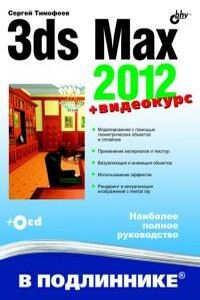The Official Radare2 Book | страница 97
| Swap two top elements | SWAP | |||
| DUP | Duplicate | Duplicate top element in stack | DUP | |
| NUM | Numeric | If top element is a reference (register name, label, etc), dereference it and push its real value | NUM | |
| CLEAR | Clear | Clear stack | CLEAR | |
| BREAK | Break | Stops ESIL emulation | BREAK | |
| GOTO | n | Goto | Jumps to Nth ESIL word | GOTO 5 |
| TODO | To Do | Stops execution (reason: ESIL expression not completed) | TODO |
ESIL VM provides by default a set of helper operations for calculating flags. They fulfill their purpose by comparing the old and the new value of the dst operand of the last performed eq-operation. On every eq-operation (e.g. =) ESIL saves the old and new value of the dst operand. Note, that there also exist weak eq operations (e.g. :=), which do not affect flag operations. The == operation affects flag operations, despite not being an eq operation. Flag operations are prefixed with $ character.
z - zero flag, only set if the result of an operation is 0
b - borrow, this requires to specify from which bit (example: 4,$b - checks if borrow from bit 4)
c - carry, same like above (example: 7,$c - checks if carry from bit 7)
o - overflow
p - parity
r - regsize ( asm.bits/8 )
s - sign
ds - delay slot state
jt - jump target
js - jump target set
A target opcode is translated into a comma separated list of ESIL expressions.
xor eax, eax -> 0,eax,=,1,zf,=
Memory access is defined by brackets operation:
mov eax, [0x80480] -> 0x80480,[],eax,=
Default operand size is determined by size of operation destination.
movb $0, 0x80480 -> 0,0x80480,=[1]
The ? operator uses the value of its argument to decide whether to evaluate the expression in curly braces.
1. Is the value zero? -> Skip it.
2. Is the value non-zero? -> Evaluate it.
cmp eax, 123 -> 123,eax,==,$z,zf,=
jz eax -> zf,?{,eax,eip,=,}
If you want to run several expressions under a conditional, put them in curly braces:
zf,?{,eip,esp,=[],eax,eip,=,$r,esp,-=,}
Whitespaces, newlines and other chars are ignored. So the first thing when processing a ESIL program is to remove spaces:
esil = r_str_replace (esil, " ", "", R_TRUE);
Syscalls need special treatment. They are indicated by '$' at the beginning of an expression. You can pass an optional numeric value to specify a number of syscall. An ESIL emulator must handle syscalls. See (r_esil_syscall).
As discussed on IRC, the current implementation works like this:


